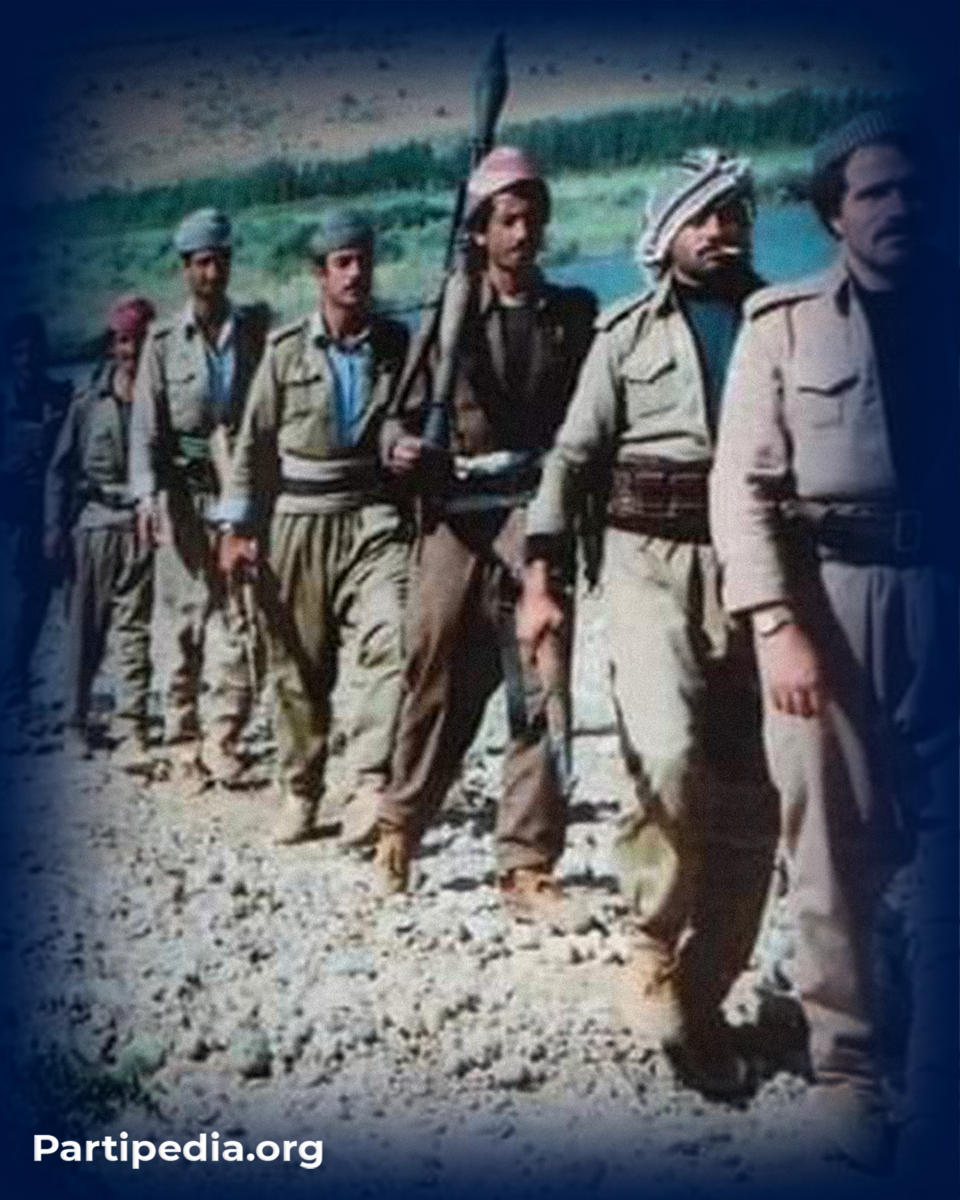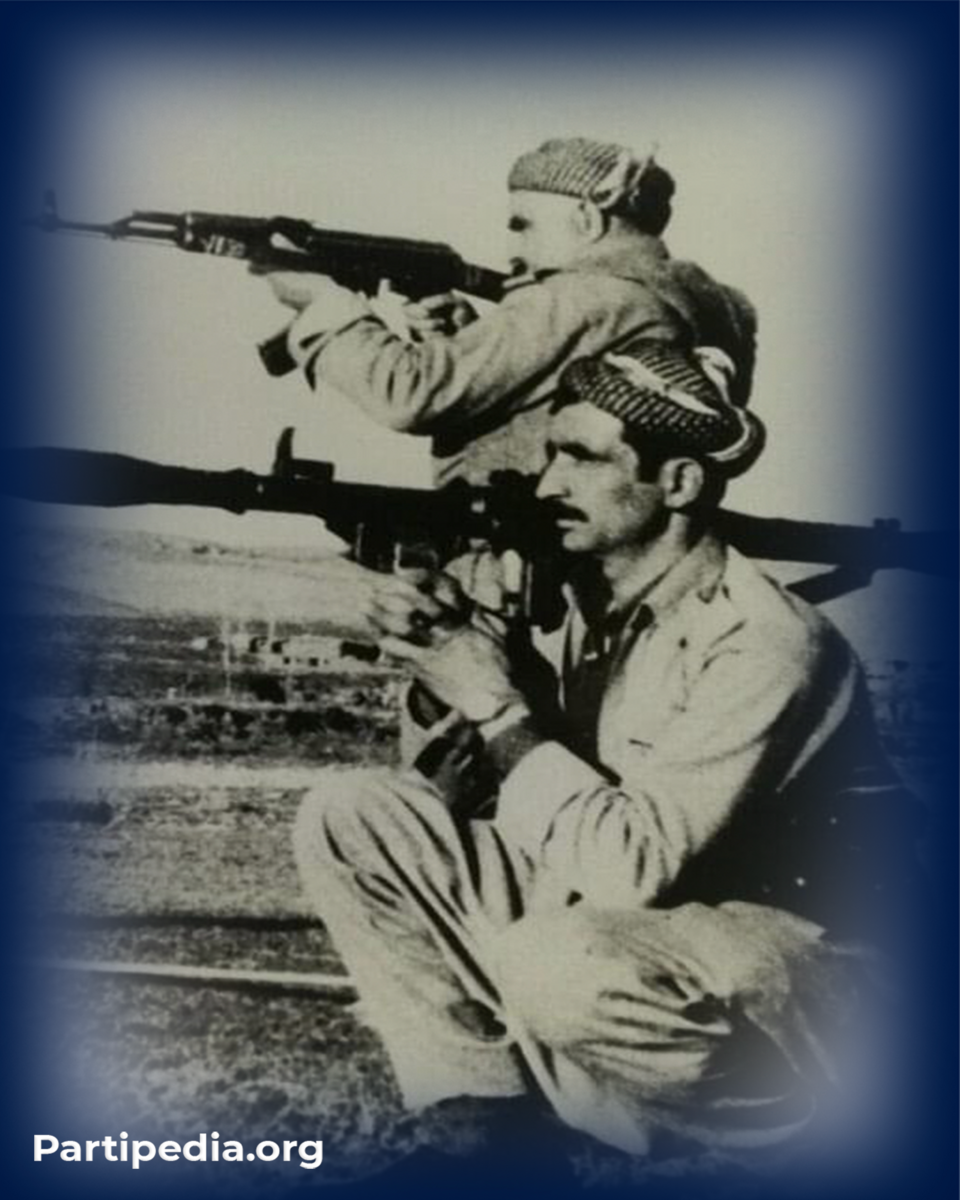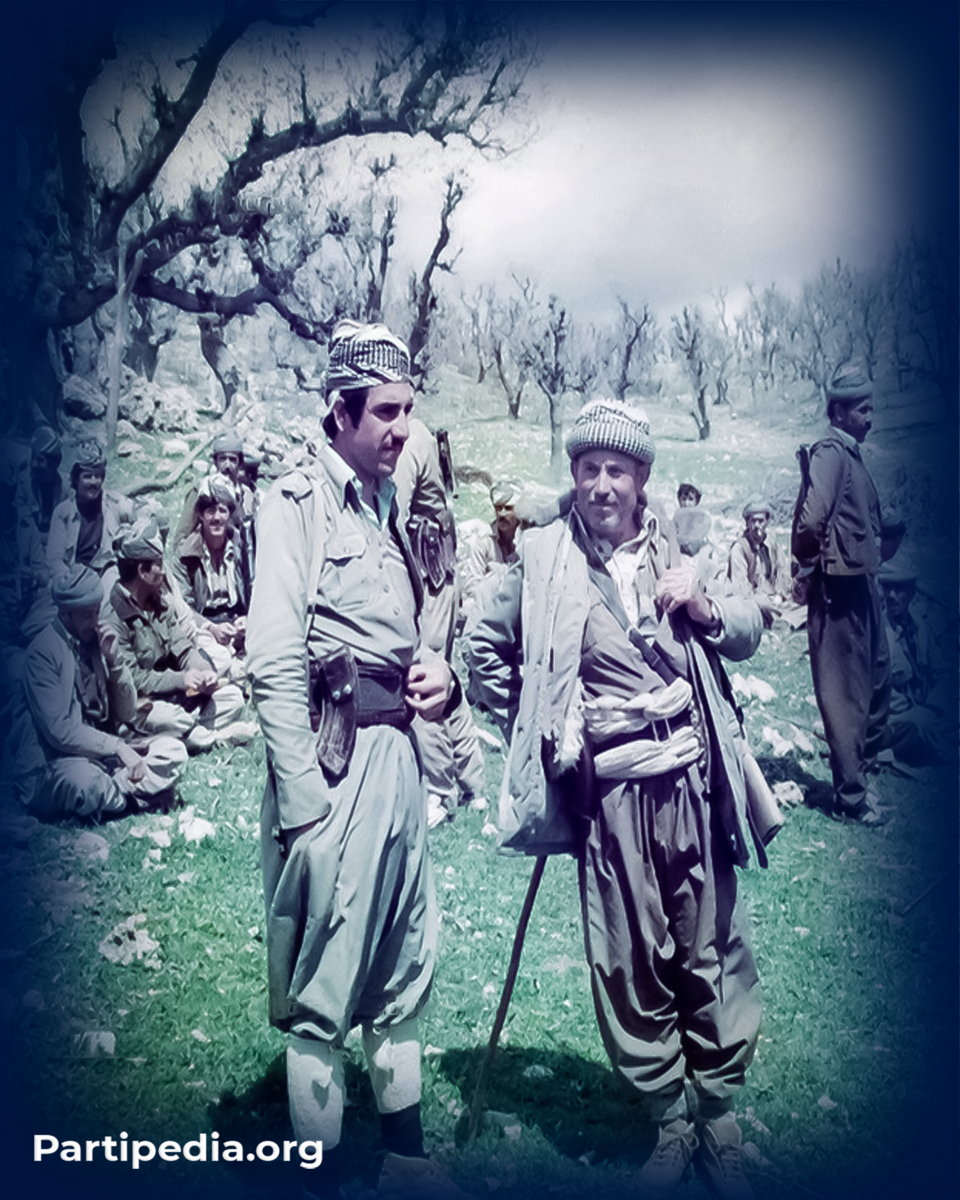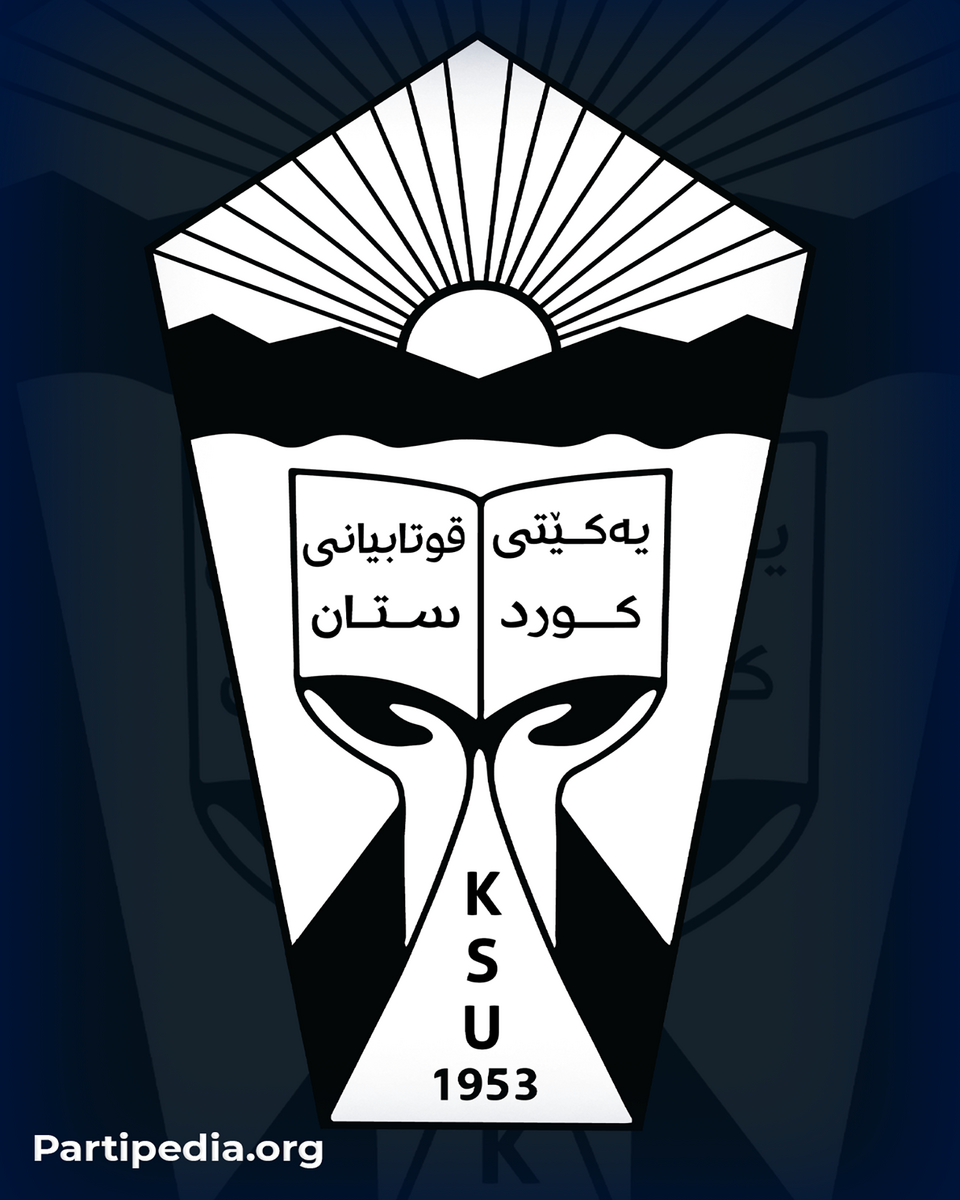The Battle and Ambush of Zamil Frosh 1980
The Battle of Zambil Frosh, a significant clash between the Kurdistan Peshmerga forces and the Ba'ath regime's army, unfolded on March 22, 1980. On that day, a Peshmerga unit executed a strategic ambush on an Iraqi army convoy traveling along a main road in the Batofa region. The ambush inflicted severe casualties on the Iraqi forces, disrupting their operations.
More Info






